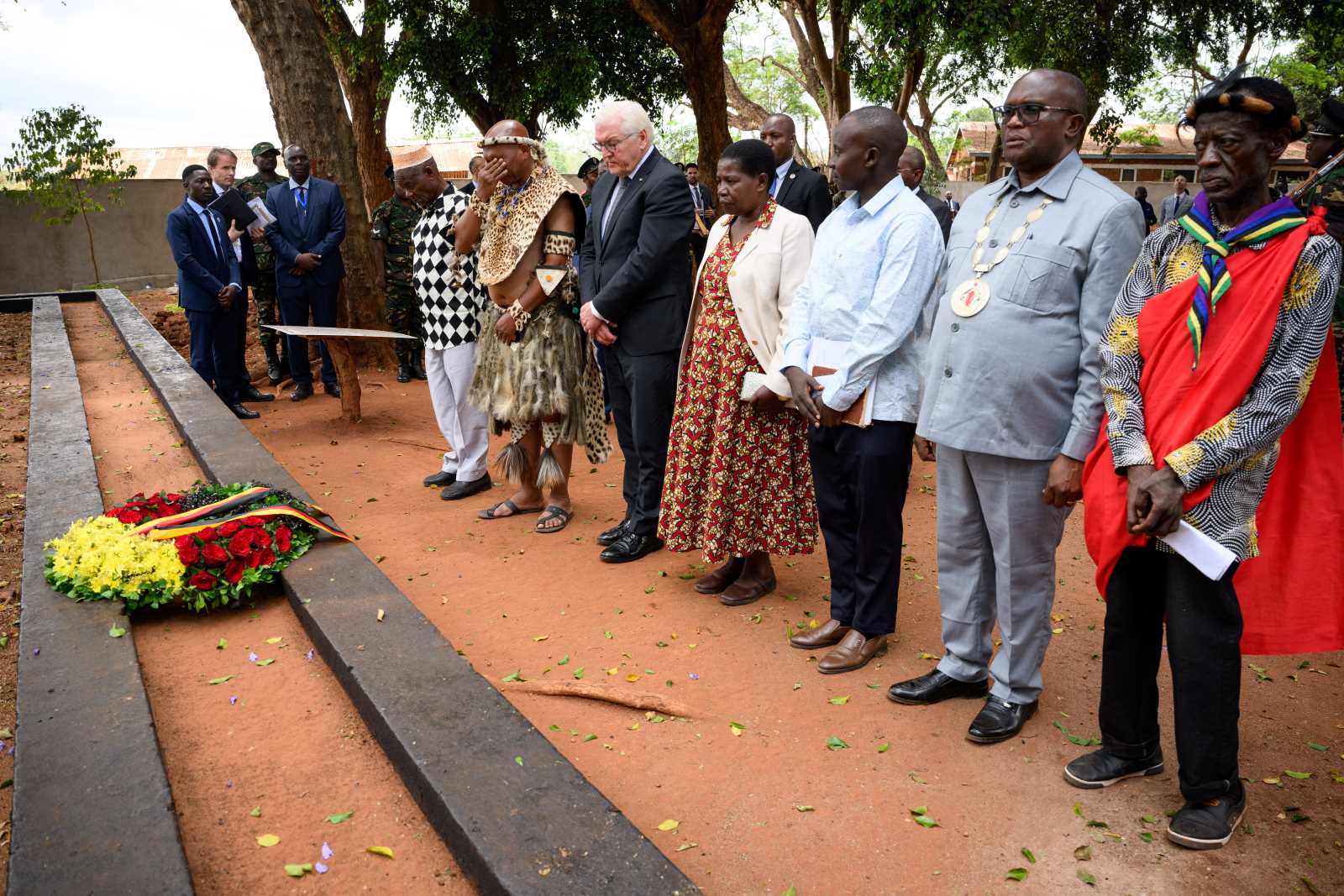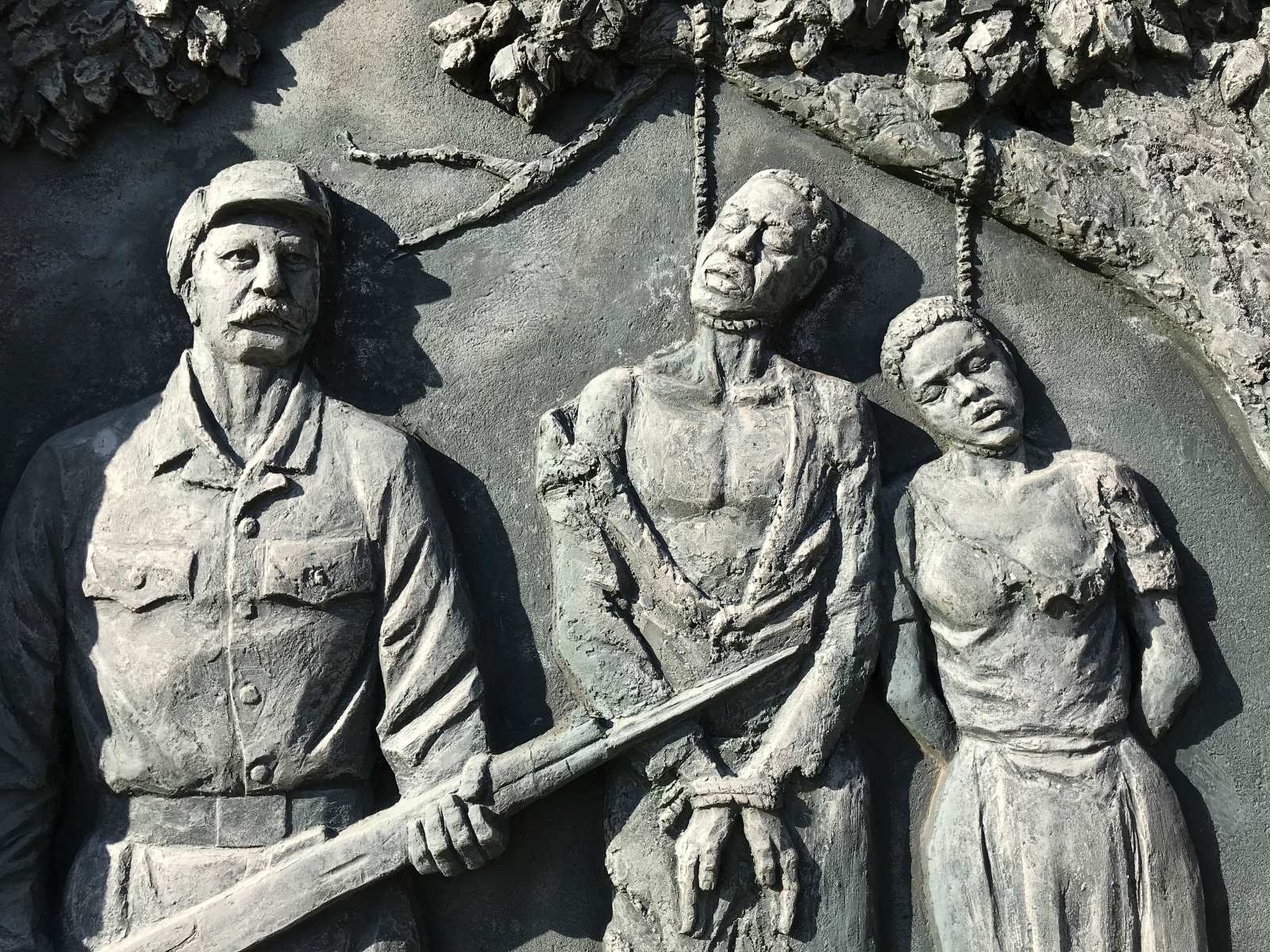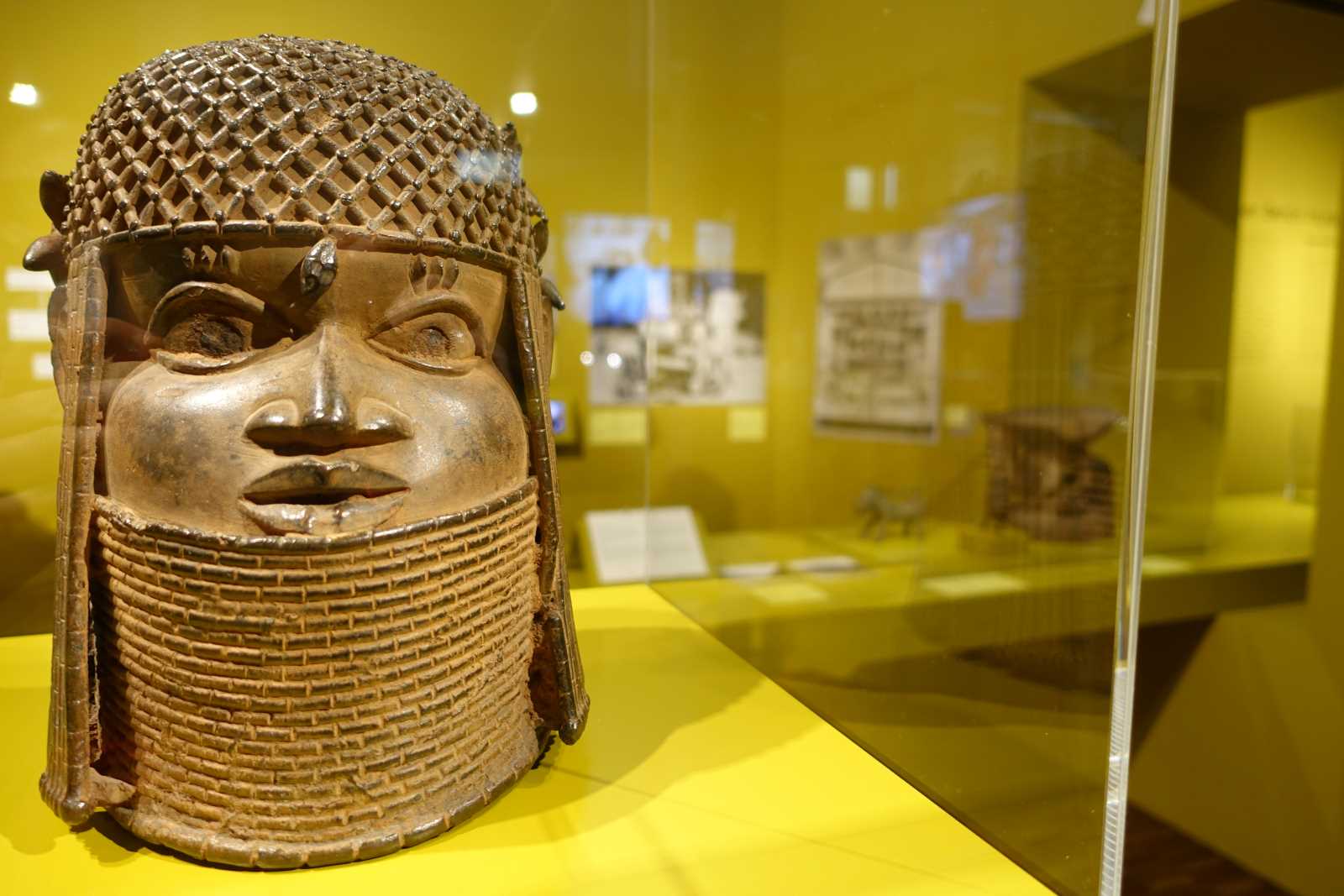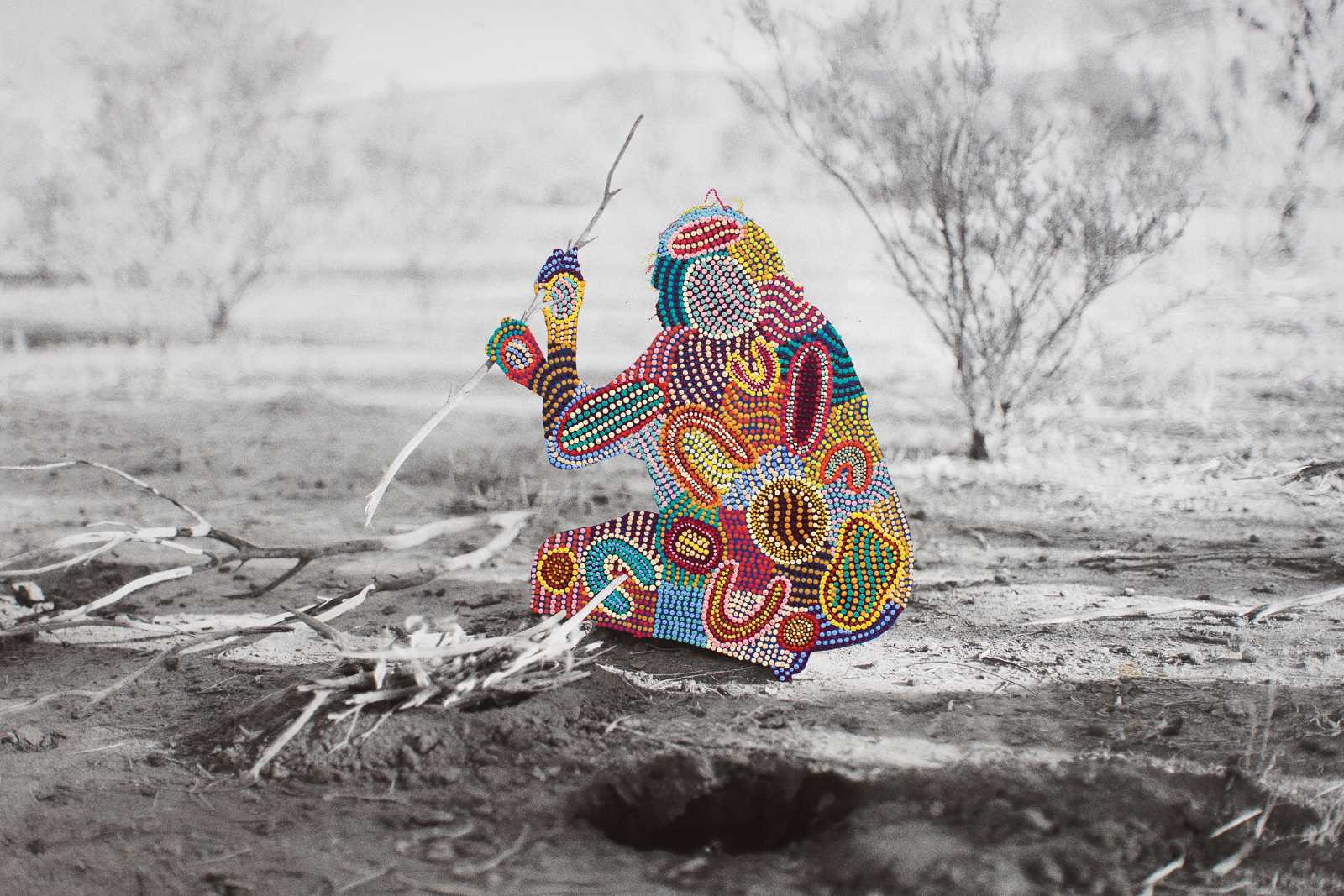German colonialism
The long shadow of German colonialism
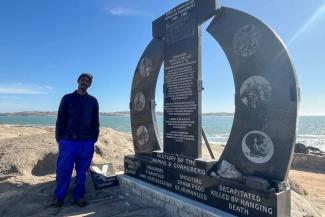
The monstrosity of the Holocaust has long overshadowed the fact that the German nation-state committed atrocious crimes long before the Nazis rose to power. Whether in West, East or reunited Germany, our country’s role as a colonial power in Africa, Asia and the Pacific from 1884 until World War I has been largely neglected. This chapter of German history got far less attention than the crimes of the Nazi dictatorship and, more recently, communist rule in East Germany. Colonialism played at best a minor role in public discourse and school curricula.
Many Germans are thus not aware of what happened. Historians have researched the era well, however, and that is evident, for example, in the long list of references that concludes Henning Melber’s book “The long shadow of German colonialism”. According to the author, this comprehensive knowledge still tends to be ignored or marginalised in public life.
Melber is a German-Namibian scholar who has been a D+C/E+Z contributor for many years. He considers himself to be both academic and activist. He expresses solidarity with those who suffered colonial oppression as well as their descendants who still feel the impacts today. As the subtitle of the book states clearly, “amnesia, denialism and revisionism” are unacceptable in his eyes.
Distorting relativism
A common narrative is that German colonialism did not matter much and was less harmful than the British, French, Spanish or Portuguese varieties. In truth, however, German rule was very brutal and far-reaching. Far more than 1 million locals lost their lives in colonial warfare, and many more lives were destroyed or damaged, Melber writes. Political, economic and cultural impacts still mark the lives of people today.
German-Namibian history
Colonial rule was particularly violent in what is now Namibia and was then German South-West Africa, as Melber elaborates in a long chapter. The genocidal war that German troops waged on the ethnic communities of the Ovaherero and Nama from 1904 to 1908 is obviously of crucial relevance. In Germany, whether what happened was actually a genocide was debated for a long time. The Federal Government only began speaking of genocide in 2015.
Melber assesses German hesitancy, Namibian reactions and how German-Namibian relations developed. In his eyes, the two governments’ “Joint Declaration” on addressing Germany’s colonial crimes was a “tragically missed opportunity marred by flaws”. He emphasises that representatives of victims’ descendants say that their voices still remain unheard, in both Germany and Namibia.
Challenging one’s own perspective
Melber insists that victims’ descendants deserve attention. He moved to Namibia in 1967 as the son of German immigrants. He thematises his own understanding of colonial history and how it was shaped by western perspectives, which could potentially perpetuate existing inequalities. „We cannot and should not claim ownership of the suffering and trauma of others that we never have been able nor will be able to experience ourselves. But we can help make such suffering and trauma known (…). This undertaking does not claim to speak for the victims but seeks to ask how we can come to terms with our past in a better way, as a modest effort to side with those who were far too long on the receiving end, without claiming to join their ranks.”
Melber’s focus is thus on Germans and how they have dealt with their nation’s past. The book puts colonialism in its context by
- showing how it was connected to the Nazi era,
- considering how it was seen in both East and West Germany and
- shedding light on the ongoing debates regarding reparations, the restitution of cultural artifacts and the renaming of streets that still bear the names of perpetrators of colonial crimes.
Today, Germans are paying more attention to their colonial history than they did in the past. Melber makes it clear that a lot has been achieved, not least thanks to civil-society activism, academic research as well as awareness raising in the arts. However, there is revisionism too. The author explicitly mentions the right-wing party AfD.
Melber paints the picture of a nation that is only slowly rising to its responsibilities and, in spite of some progress, is still largely in denial of the atrocities that did occur. He calls for “a new, self-critical, reflective orientation and positioning in the shadow of colonial history”. He wants Germans to challenge their own worldview and acknowledge the experience of “the other”.
Melber points out that a reckoning with the past requires a “human face”. Factual analysis is insufficient, according to him, as personal accounts and interaction foster empathy and respect. At the same time, reconciliation as a collective process cannot succeed as long as the victims’ descendants remain marginalised.
In this regard, Germans still have a long way to go, as the state of German-Namibian relations shows.
Reference
Melber, H., 2024: The Long Shadow of German Colonialism. Hurst & Company, London.
Jörg Döbereiner is the managing editor at D+C/E+Z.
euz.editor@dandc.eu

